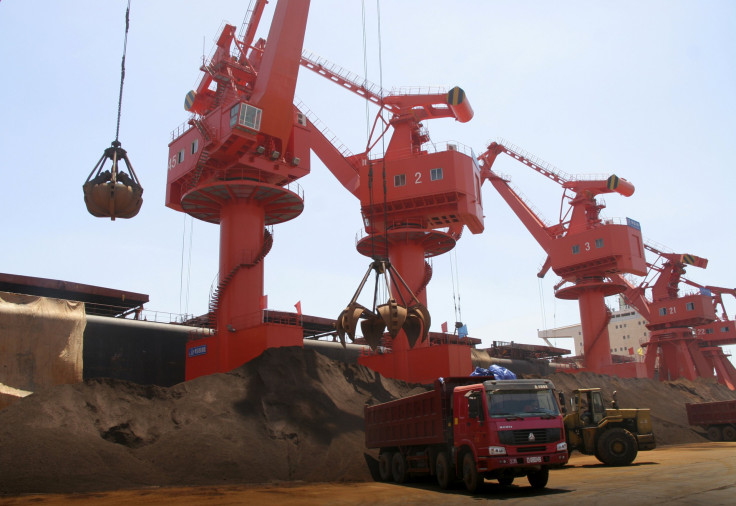World Bank Cuts Growth Outlook As Ukraine Crisis Weighs

(Reuters) - The World Bank on Tuesday trimmed its global growth forecast, saying a confluence of events, from the Ukraine crisis to unusually cold weather in the United States, dampened economic expansion in the first half of the year.
The poverty-fighting institution predicted the world economy would grow 2.8 percent this year, below its prior forecast of 3.2 percent made in January, but it expressed confidence activity was already shifting to more solid footing.
In its twice-yearly Global Economic Prospects report, the World Bank said tensions between Ukraine and Russia hit confidence worldwide. The bank also cut its growth forecast for the United States to 2.1 percent from 2.8 percent to account for the toll taken on growth by the weather at the start of the year.
The U.S. economy contracted for the first time in three years in the first quarter, but it already appears to be rebounding.
"Yes, there has been a big downgrade in 2014," Andrew Burns, the report's lead author, said in an interview. "But that's mainly a reflection of stuff that's already happened."
The World Bank expects growth to quicken later this year as richer economies continue their recovery. It kept its global growth forecasts for the next two years unchanged at 3.4 percent and 3.5 percent, respectively.
The forecasts assume tensions in Ukraine will persist this year but won't worsen. An escalation in the crisis could further shake global confidence, prompting firms to postpone investments and crimping growth in developing economies by as much as 1.4 percentage points under the worst-case scenario, the bank said.
"The markets, investors, don't like uncertainty," Burns said. "It's also pretty clear that there's a potential for tensions (in Ukraine) to develop, and for the situation to degrade."
Russia and Ukraine are seeking to resolve a gas pricing dispute that is at the heart of the crisis between the two countries. Failing to do so could set back peace moves that are gaining momentum after weeks of violence in east Ukraine.
The World Bank also fretted about the possibility of financial volatility in emerging markets once the U.S. Federal Reserve starts to raise interest rates, mopping up some of the liquidity glut in global markets.
Burns said emerging markets have not fully priced in the potential for a monetary tightening in richer economies.
"The real concern is what happens in 2015, 2016," Burns said.
Burns also said developing countries need to do more to address structural issues that are holding back growth.
This year marks the third straight year that developing economies would expand by less than 5 percent, a factor that has contributed to rising debt-to-GDP ratios that could make those economies more vulnerable, Burns said.
"Although the situation in developing countries is pretty good ... it isn't the kind of growth they're going to need if they're going to make the very solid inroads into poverty that we're hoping," he said.
© Copyright IBTimes 2024. All rights reserved.











